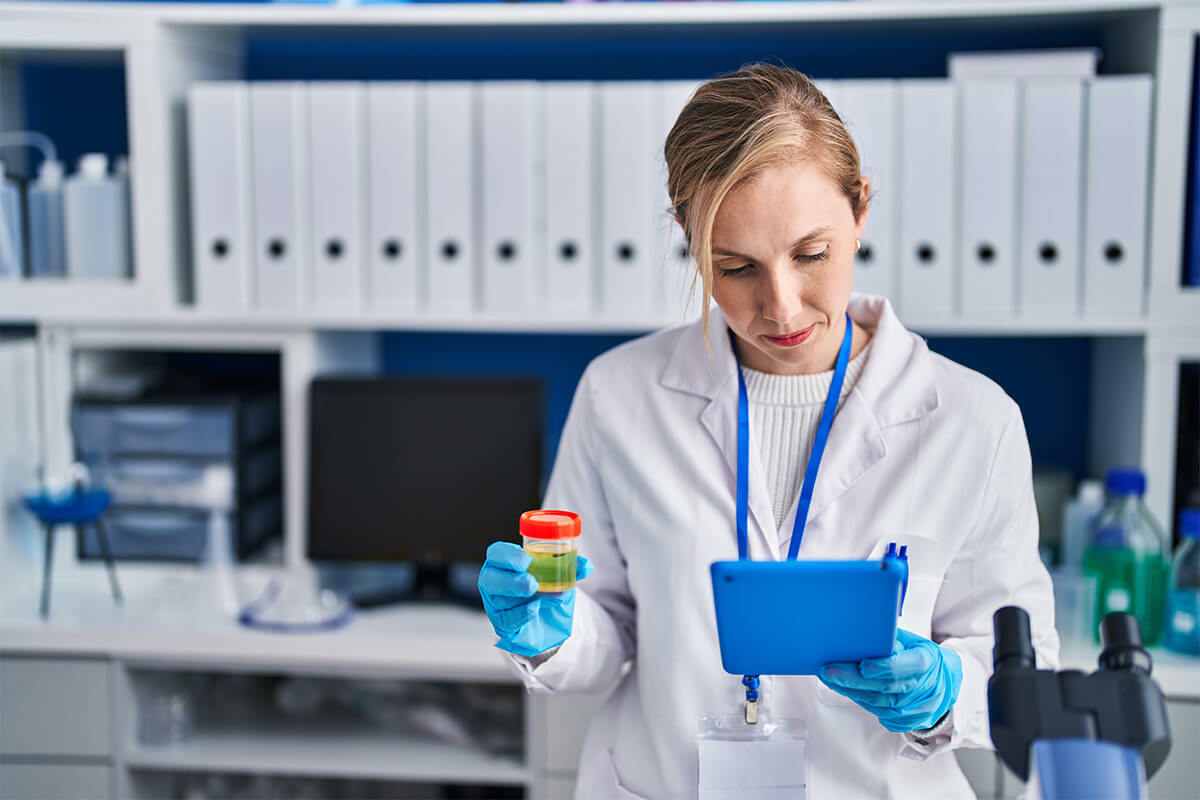Drug screening compliance means following specific rules and laws when conducting drug tests in places like workplaces, medical facilities, or legal settings. It involves making sure every step of the testing process—from collecting samples to analyzing results—is done correctly to ensure accurate and fair outcomes. The rules for drug testing can differ depending on where you are and what substances are being tested for. This explanation focuses on drug testing compliance in Salt Lake City, Utah, as an example of how state and local laws apply.
Table of Contents
Why Drug Testing Matters
Employers often use drug testing to keep workplaces safe and productive. Some businesses, like federal contractors or those with drivers, must follow strict drug-free workplace rules. However, other employers might avoid testing, especially for marijuana, because it could make it harder to hire or keep talented workers. In Utah, employers who follow the state’s drug testing laws, outlined in Chapter 38, are protected from legal trouble. Interestingly, even managers and employers may have to take drug tests regularly.
Types of Drug Testing Compliance
There are two main types of drug testing compliance: individual and workplace.
Individual Compliance
For individuals, compliance means following rules about drug testing that might be part of a job contract or required by legal agreements, like probation or parole. People must take the tests as required and avoid cheating or skipping them. If someone doesn’t follow these rules, they could face consequences, like losing their job or having their probation canceled.
Workplace Compliance
In workplaces, compliance means companies must follow laws to make sure drug tests are fair and legal. This includes:
- Conducting random tests without targeting specific people unfairly.
- Giving employees notice about testing.
- Protecting employees’ private medical information.
- Making accommodations if an employee tests positive for a legally prescribed medication due to a disability.
Drug Testing Rules in Utah
In Salt Lake City, Utah, employers can test employees for drugs and alcohol. They can require tests to:
- Check if an employee is impaired (not able to work safely).
- Investigate workplace accidents or thefts.
- Monitor employees in rehab or counseling programs after a positive test, as a condition of keeping their job.
Employers must have a clear, written drug testing policy that all employees know about. Tests should happen during or right after work hours. If an employee refuses a test or fails it, the employer can take action, like suspending or firing them.
How Workplace Drug Testing Works
The process varies by company, but many start with a quick, on-site drug test. If someone tests positive, they may go to a medical facility for a more accurate test. Tests usually use samples like hair, urine, saliva, or blood to check for drugs such as:
- Opioids (like heroin, codeine, or morphine)
- THC (found in marijuana)
- Hallucinogens (like LSD or ecstasy)
- Amphetamines and methamphetamines
A Designated Employer Representative (DER) is a person chosen by the employer to manage the testing process. They make sure rules are followed and can remove employees from important tasks if they test positive.
Conclusion
Drug testing in Salt Lake City, Utah, helps keep workplaces safe and supports a healthy work environment. Employers must balance following federal and state laws with respecting employees’ rights. By understanding and following these rules, businesses can protect their reputation and workforce while promoting fairness and safety.

